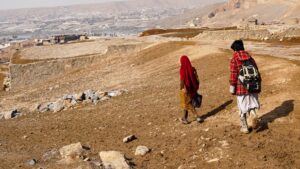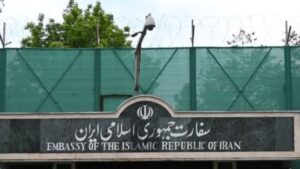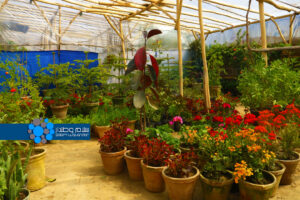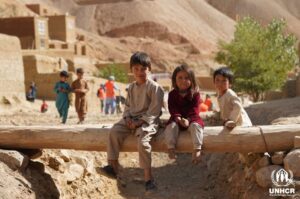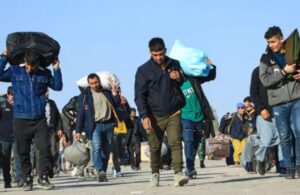KABUL (SW) – The fragile-yet-rejuvenated peace process has enticed hopes among some Afghan refugees living abroad for their likely return to the motherland someday.
It has been almost two years since the start of the US – Taliban peace talks and the intra-Afghan peace talks in Doha, Qatar.
Years of insecurity and war have robbed many people of security and opportunities for a better and prosperous life. Many were left with no choice but to leave the country.
Habiba Susan is an Afghan citizen who left the country and migrated to the United Kingdom. She left the country through a proper work visa.
In conversation with Salam Watandar, she said the lack of security and educational opportunities in the country led her to leave Afghanistan. According to her, all the problems that deprive the Afghan people of peace and contentment are under the umbrella of these two major problems, which are the lack of security and opportunity for growth.
According to Susan, there is no security of life, financial security or job security in Afghanistan, and this is especially acute for women, and little available opportunities are subject to insecurity and injustice.
She hoped the peace process will gain momentum and political leaders shall work to ensure the components of security and fair opportunity for the country’s citizens are available. The latest issues with the peace process have caused great disappointment for Habiba.
She explained the wrangling surrounding the peace process would mean that the process will not bring true peace to the Afghan people, but rather a division of power between hostile groups, and that the Afghan people will, as always, fall victim to another political deal.
Habiba Susan has followed the whole process on a regular basis since the beginning of the peace talks, and says she has never heard of anything on the integration of migrants during peace talks.
“In Afghanistan, no one is safe and no one has an equal opportunity. I have not heard anything about the situation and the return of migrants to the country since the beginning of the peace talks. I think this peace process will be just a division of power between hostile groups, and that’s it”, she said.
According to Susan, the current government in Afghanistan is a democratic government, but even under its shadow, the rights of women, religious and ethnic minorities are being sidelined. She emphasized that there is no guarantee that peace will prevail, especially for women and minority groups.
She added the minorities who have not been able to make a living in Afghanistan for generations have been forced to migrate. According to her, a number of such families have migrated in order to create better life and ensure more opportunities for their children.
She feared if no plans are chalked for the return and reintegration of migrants, not many are likely to return.
Susan further said that if peace did lead to security and fair opportunity, she will definitely return to the country, but if the peace process continued as it is now, there was no hope of security and opportunity.
“I migrated because of the Taliban, and if the Taliban return to the country after the peace, how can we know that things will get better,” said Habiba Susan. “I will definitely return to the country if peace leads to security and a fair opportunity because my relatives, friends and acquaintances are in Afghanistan, and I share history, culture and language with the people of this country.”
Habiba said part of Afghanistan was under Taliban control when she became a migrant, but if there is peace and the Taliban formally rule over all of Afghanistan, no migrant will be willing to return.
Abdul Basit Ansari, Media Advisor to the Ministry of Refugees and Returnees, said in this regard that since the beginning of 2021, some 347,000 migrants have returned to the country. Ansari said the government has two programs under its umbrella, the Post-Peace Program and the Migration Policy, in which all government departments have specific responsibilities to support the migrants.
“Currently, there are two programs, one is the post-peace plan and the other is the migration policy, which the Ministry is working on. In that plan, each government department will have its own specific task. Work is underway on the post-peace plan and it will be finalized, and we want peace in Afghanistan”, he said.
Habiba has three children, all of whom attend the reputed schools and universities in the UK. Habiba’s children, like all British citizens, have equal opportunities to live and study.
Despite being a migrant, Habiba works for one of the UK’s most prestigious companies.
ENDS


